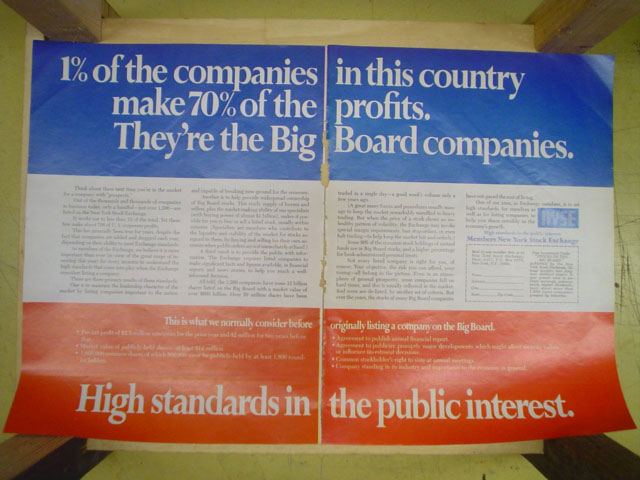We live in an age in which a trade is only just a click away, and investors certainly have a wide array of options when it comes to online brokers. Still, it’s easy to get bogged down in all the choices before you even get started building your investment portfolio.
Online brokers vary by their level of services, the commissions they charge for trades, and other factors. In fact, some online brokers even offer credit cards, mortgages, and limited financial advice.
Indeed, online brokers come in all flavors. Some provide stripped-down services for rock-bottom prices. Others are far closer to the full-service brokers. When choosing an online broker, individuals probably need to figure out how much service they want, and how self-directed they are as investors. On the other hand, investors who like the convenience of online services but who want to invest with a portfolio manager might consider online marketplaces.
Requirements for account minimums to get started also vary. Those that require less often charge more per trade. Account minimums generally range for zero to $5,000, depending on the firm.
Trading services also differ from online broker to online broker. Some focus on equities and direct investment in companies. Other firms allow trading in options, futures and other types of derivatives.
Once you have opened up an account, investors should take precautions to protect themselves in fast-moving markets, according to SEC guidelines for online trading. An online trade may seem instantaneous, but in high-volume trading sessions there can be a big difference between your market order, and the price at which the order is actually filled.
That’s why the SEC and other experts recommend placing a limit order, in which you buy or sell a security at a specific price, rather than an open-ended market order. A buy limit order can only be executed at the limit price or lower, and a sell limit order can only be executed at the limit price or higher.
Other common mistakes include erroneous multiple orders. Some investors think that first order didn’t go through, because they didn’t see a confirmation, and then place another one. That can be a costly mistake if an investor ends up, say, selling twice as many shares and he or she originally intended. On the flip side, sometimes investors think they have successfully canceled an order that actually hasn’t been executed. It’s crucial investors understand their online broker’s trading protocol and policy of unwinding erroneous trades.
Finally, though online trading is convenient, it can also be risky if you don’t protect yourself against identity thieves who use malicious software programs to attack vulnerable computers of online users. As the SEC warns:
“These software programs can monitor your computer activity and send information back to the thief’s computer. Sometimes, these programs will log your key strokes, which allows identity thieves to easily obtain username and password information for any of your online accounts, including your brokerage account.Phishing” involves the use of fraudulent emails and copycat websites to trick you into revealing valuable personal information – such as your account number, your social security number, and the username and password information you use when accessing your account.”
The brave new world of online investors is certainly a powerful trend that isn’t going away. Yet investors need to be smart about their online investing options and take precautions to protect sensitive data from fraudsters.
Finally, rapid-fire day traders are a primary user group of online brokers. If day trading isn’t your thing, you might want to take a look at online investment advisers that let individuals invest right alongside portfolio managers.
DISCLAIMER: The information in this material is not intended to be personalized financial advice and should not be solely relied on for making financial decisions. All investments involve risk, the amount of which may vary significantly. Past performance is no guarantee of future results.





